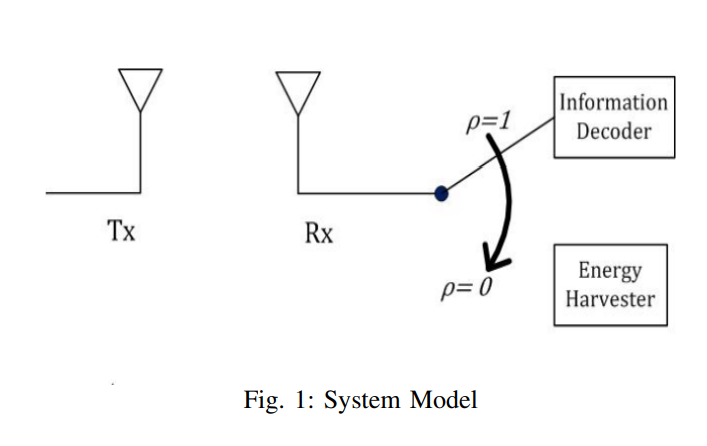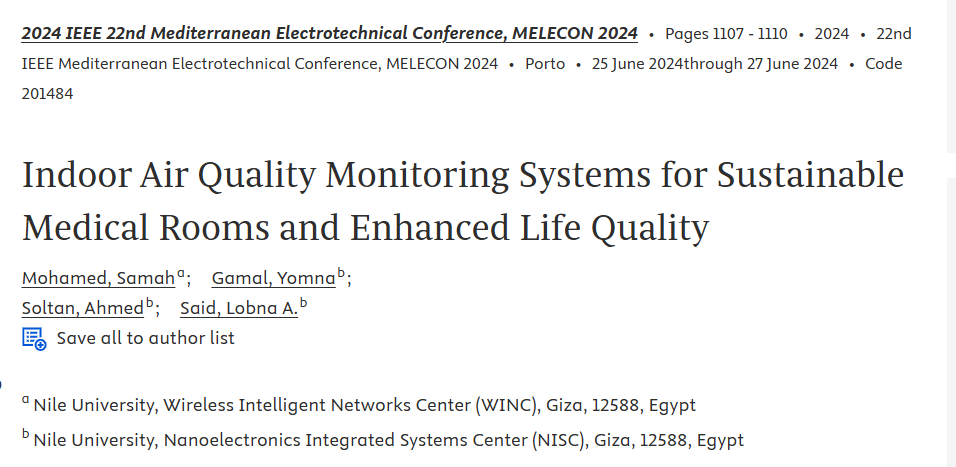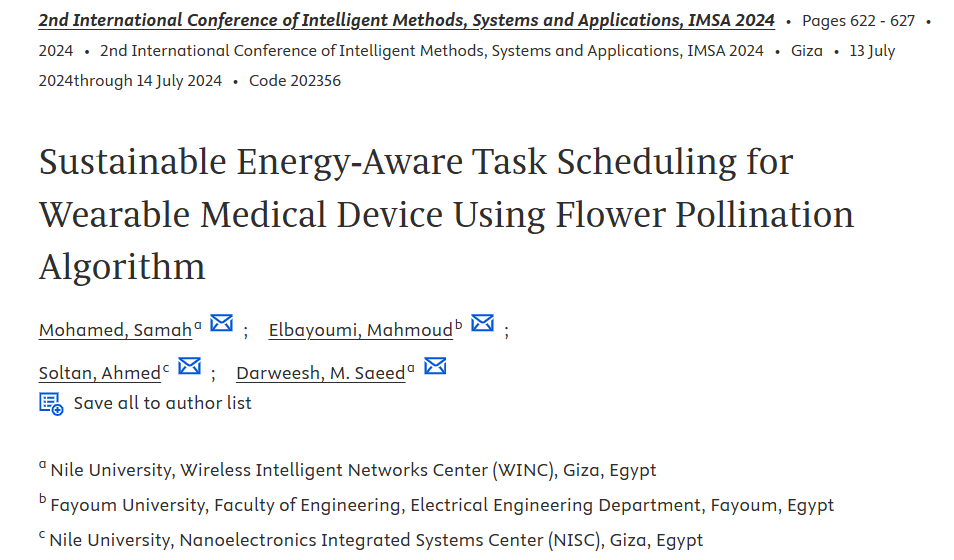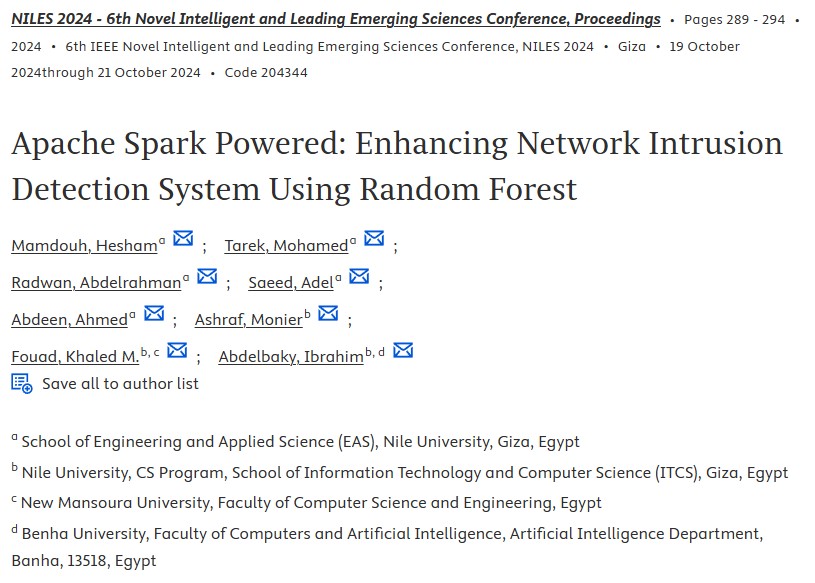
RF energy harvesting in wireless networks with HARQ
In this paper, we consider a class of wireless powered communication networks using data link layer hybrid automatic repeat request (HARQ) protocol to ensure reliable communications. In particular, we analyze the trade-off between accumulating mutual information and accumulating RF energy at the receiver of a point-to-point link using HARQ with incremental redundancy over a Rayleigh fading channel. The transmitter is assumed to have a constant energy source while the receiver relies, solely, on the RF energy harvested from the received signal. First, we target the optimal time switching (TS) policy in order to maximize the probability of successful decoding within a fixed number of re-transmissions, in the absence of CSI information at the receiver. Towards this objective, we cast the problem as a finite time-horizon dynamic programming problem. However, motivated by the sheer complexity of the problem attributed to the continuous state space, we characterize the optimal solution for a discrete version of the problem. Second, we propose a simple greedy algorithm and compare its performance to the optimal and a non-causal lower bound. Third, when CSI is available at the receiver, we introduce a heuristic TS policy which is shown to have a performance superior to the greedy policy and close to that of the lower bound. Finally, the numerical results exhibit the merits of the proposed heuristic and greedy algorithms, approaching the lower bound, for a variety of scenarios. © 2016 IEEE.




